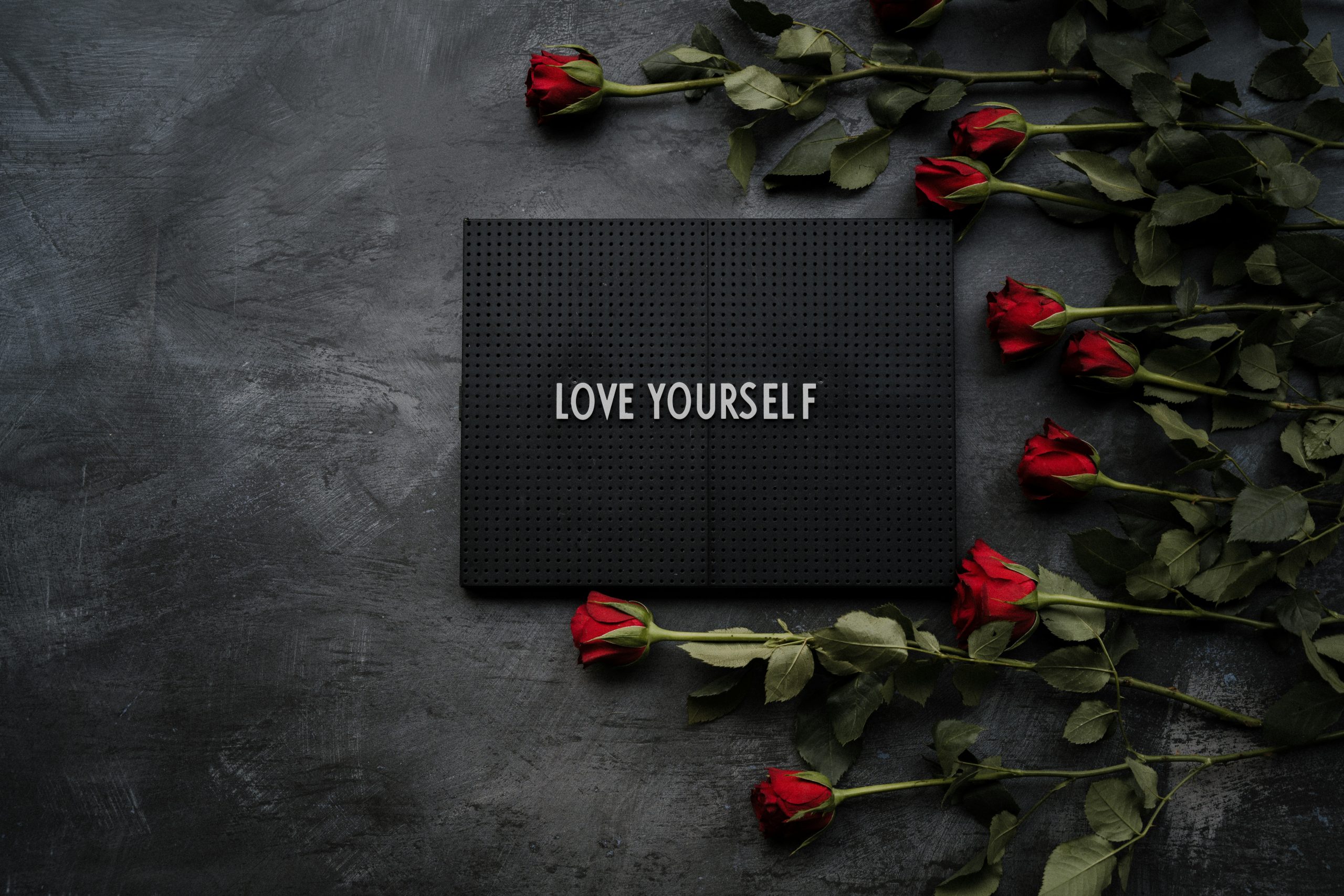This post was updated May 2025
Today I want to talk to you about one last aspect of self-care, that of your relationships. I spent a wonderful day refilling my own cup—sunshine, good conversation, giggles and cuddles with my brother’s gorgeous family, and of course, a picnic. The kind of day that grounds you and lifts you all at once.
One of our conversations stayed with me. We spoke about the people who come and go in our lives, and the lessons they leave behind. It reminded me just how deeply I value the relationships in my life—not just for the joy they bring, but also for the self-awareness they offer. That reflection led me to this: self-care isn’t just about baths and boundaries—it’s about how we show up in our relationships too.
We’ve talked before about the importance of self-care when you’re feeling burnt out, overwhelmed or disconnected. But what about self-care within your relationships? From fleeting moments with the postie to long-term connections with family or friends, our relationships shape us. Some are joyful and energising. Others, more complicated. All of them hold up a mirror—if we’re willing to look.
Here are 5 ways to practise self-care in your relationships:
1. Boundaries are self-respect in action
It’s okay to say no. It’s okay to ask for space. Boundaries aren’t barriers; they’re clarity. Ask yourself: What do I need to feel respected, safe, and energised in this relationship? That answer may shape how often you interact, what you share, or how much energy you give.
2. Honest, open communication
Say what you mean. Ask questions. Listen deeply. If something’s unclear or uncomfortable—name it. Being honest with yourself about what you need from a relationship is a vital act of self-care.
3. Mutual respect is non-negotiable
Kindness, listening, showing up—these are everyday signs of respect. Feeling emotionally, mentally, and physically safe should be a given, not a bonus. Pay attention to the small signals of how respect shows up (or doesn’t).
4. Manage your expectations
It’s easy to slip into disappointment when expectations go unspoken. Every relationship is different—your partner, your colleague, your parent—they all play different roles. Be mindful of what’s realistic and what’s fair to expect. And allow room for change.
5. Remember: every relationship is a mirror
What you love—or find difficult—in someone else often reflects something within you. If someone’s behaviour triggers you, pause and ask: What is this showing me about myself? As Byron Katie says:
“Everyone is a mirror image of yourself; your own thinking coming back at you.”
The relationships in your life can be a powerful part of your self-care practice. They can energise, challenge, teach, and transform you. Reflecting on them—even just for a moment—is an act of care.
As always, I’d love to hear your thoughts. What relationships are teaching you right now?

